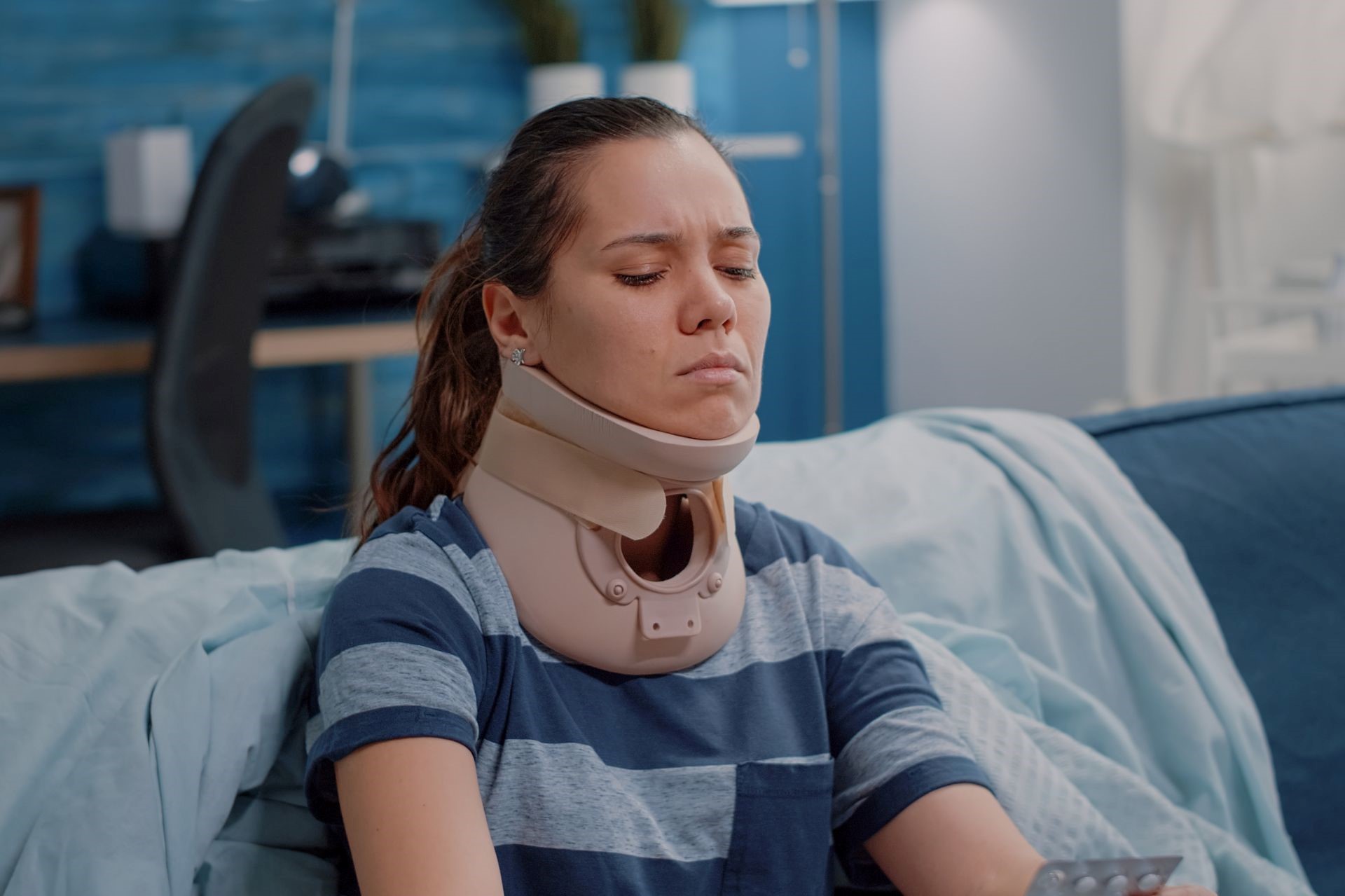Different Outcomes You Should Expect in a Personal Injury Case
Have you ever been a victim of someone else’s carelessness leading to an accident? If so, you might be feeling frustrated and unsure of what to do next. Since you are entitled to compensation, taking the case to court is the wisest course of action. However, since they are knowledgeable and skilled in managing these situations, you will need the assistance of a personal injury attorney. Seeking the help of reputed law firms, such as the law offices of Mickey Fine, is very important if you intend to file a lawsuit. The course of treatment, questions of liability, actions taken by the insurance companies, and the volume of evidence all affect how personal injury lawsuits turn out. These are the potential results:
The case is dismissed or dropped
Your action may be dropped or dismissed by the court, in which case you won’t receive any money. This typically happens when the evidence you provide in court is too flimsy to be of any use. When you present the case on your own without the assistance of a lawyer, it can be a possibility. The defendant demonstrates a weakness in your claim, which is the other reason the court may reject your case.
Accepting a Deal Before a Trial
There are some personal injury claims that are settled before trial and do not require a trial. This choice is a great method to avoid drawn-out legal procedures. The compensation you receive under this option, however, can be less than what you would receive if you went to trial. The only benefit of settling out of court is that you will definitely receive money. The judge will decide how the trial will proceed once it is in court.
Winning the trial
There is a possibility that the court could find the defendant accountable if you decide to pursue your case in court. If so, they will, in accordance with what the judge deems fair, pay for your injuries as well as any additional costs and damages you have suffered. Even so, it’s possible that you won’t receive the whole amount of your initial claim.
You have lost the case
A personal injury case is lost when the judge rules in the defendant’s favor. You won’t be compensated if that happens. If the judge thinks it’s appropriate, you might have to give the defendant some money. Fortunately, if your lawyer charges a contingency fee, you won’t be responsible for paying them. You have the right to make an appeal if you believe the decisions were unfair.
Conclusion
There is a lot of documentation to complete, and personal injury lawsuits are complicated. That is why you require the help of a lawyer. To ensure that you have the best possible opportunity of succeeding and receiving just compensation, the attorney will gather trustworthy information and witnesses. With the aid of a personal injury lawyer, you can decide whether to start an insurance claim after an accident in which you were hurt or file a personal injury lawsuit. A fault-based compensation regulation protects your ability to bring a civil lawsuit. According to this law, the negligent party in an accident must make up the victim’s losses. Although this rule seems plain enough, our experience has shown us that personal injury situations are not always easy to understand. A claim’s outcome is influenced by a number of circumstances, and occasionally one of those factors works against the victim (plaintiff). As a result, it’s critical that you know what to anticipate when you file a personal injury lawsuit.

